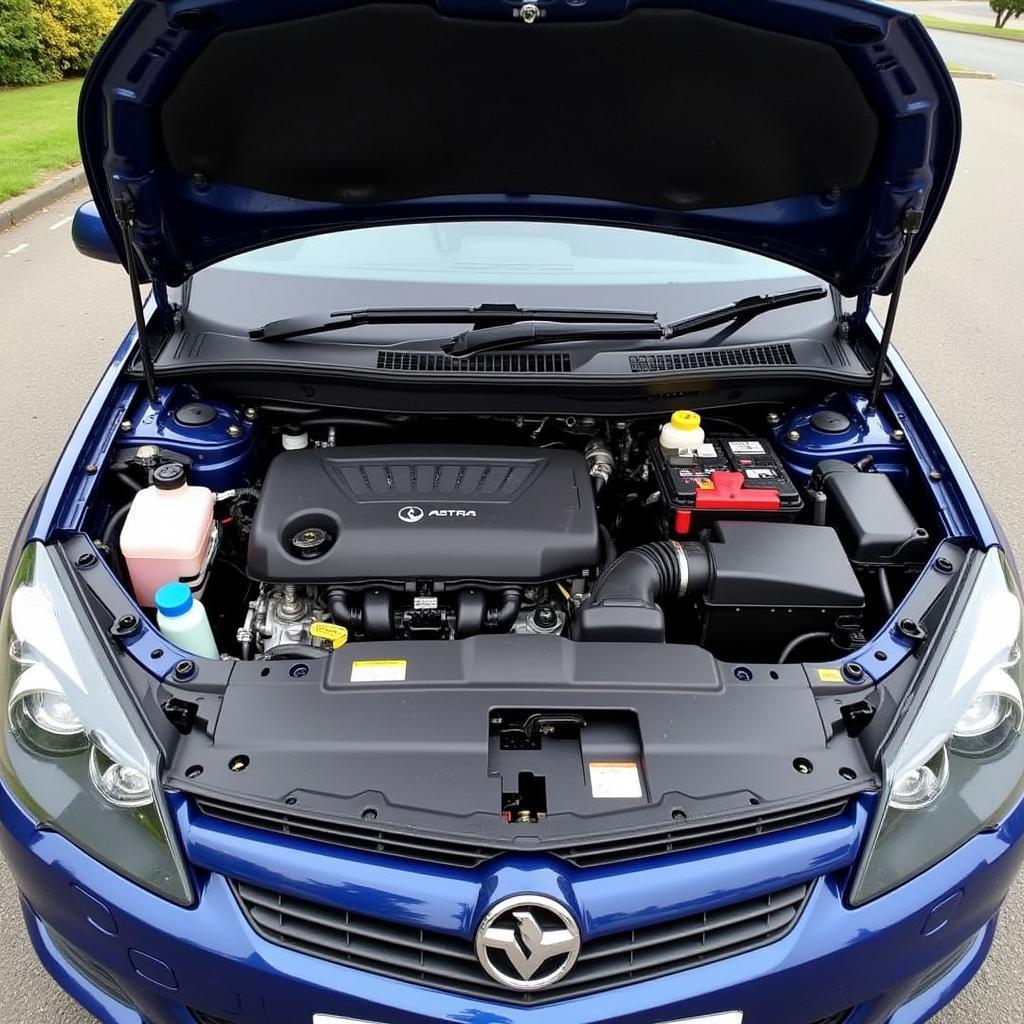When Do I Have to Service My Car?
Knowing when to service your car can be confusing. Between the manufacturer recommendations, your driving habits, and the little lights on your dashboard, it’s hard to know what to do and when. This comprehensive guide will walk you through all aspects of car servicing, helping you keep your car running smoothly for years to come.
Understanding Your Car’s Service Schedule
The best place to start when determining your car service needs is your owner’s manual. Inside, you’ll find the manufacturer’s recommended service schedule based on mileage and time intervals. This schedule typically outlines essential maintenance tasks, including:
- Oil and Filter Changes: Frequent oil changes are crucial for engine health, usually recommended every 3,000 miles or 3 months for conventional oil and every 5,000-7,500 miles or 6 months for synthetic oil.
- Tire Rotations: Rotating your tires every 5,000-7,500 miles ensures even wear and tear, extending their lifespan and improving fuel efficiency.
- Brake Inspections: Regular brake inspections, typically every 10,000 miles, are essential for safety, allowing you to address any wear and tear on brake pads, rotors, and calipers.
- Fluid Checks and Changes: Keeping your car’s fluids (coolant, transmission fluid, brake fluid) topped off and regularly changed prevents overheating, transmission problems, and brake failure.
- Spark Plug Replacement: Worn spark plugs can impact engine performance and fuel economy. Check your owner’s manual for the recommended replacement interval, typically every 30,000 miles or so.
- Air Filter Replacement: A clean air filter ensures optimal engine performance and fuel efficiency. It’s recommended to replace it every 12,000-15,000 miles or annually.
While the owner’s manual provides a good starting point, several factors can influence the frequency of your car service needs.
Factors Affecting Your Car Service Frequency
Beyond the manufacturer recommendations, consider these factors when determining your car’s service schedule:
- Driving Conditions: Severe driving conditions, such as stop-and-go traffic, extreme temperatures, and dusty environments, can put additional strain on your car, requiring more frequent service.
- Driving Style: Aggressive driving habits, such as rapid acceleration and hard braking, can accelerate wear and tear on your car’s components, necessitating more frequent servicing.
- Vehicle Age and Mileage: Older cars and those with higher mileage often require more frequent maintenance and repairs due to accumulated wear and tear.
- Warning Lights: Pay attention to your car’s dashboard warning lights, such as the “Check Engine” or “Service Engine Soon” lights, which can indicate underlying issues requiring immediate attention.
Understanding the Importance of Regular Car Service
Regular car servicing is crucial for maintaining your vehicle’s performance, reliability, and safety. Here’s why:
- Preventing Costly Repairs: Addressing minor issues early on can prevent them from escalating into major, expensive repairs down the line.
- Improving Fuel Efficiency: Well-maintained vehicles tend to have better fuel economy, saving you money on gas.
- Enhancing Safety: Regular servicing ensures your car’s brakes, tires, and other safety-critical components are in optimal condition, reducing the risk of accidents.
- Extending Your Car’s Lifespan: Proper maintenance can significantly extend the life of your car, allowing you to enjoy it for many years to come.
where to check car service history
What Happens if You Don’t Service Your Car Regularly?
Neglecting your car’s service needs can have a ripple effect, leading to various issues, including:
- Reduced Performance: A poorly maintained car may experience decreased engine performance, reduced fuel economy, and sluggish acceleration.
- Increased Risk of Breakdowns: Ignoring service intervals increases the likelihood of unexpected breakdowns, leaving you stranded and facing costly repairs.
- Voided Warranty: Failure to adhere to the manufacturer’s recommended service schedule may void your car’s warranty, leaving you responsible for potentially expensive repairs.
- Compromised Safety: Neglecting brake inspections, tire rotations, and other safety-critical maintenance tasks can jeopardize your safety and that of your passengers.
what happens don't regular service car
Tips for Staying on Top of Your Car Service Needs
- Keep Track of Service Records: Maintain a file or digital record of all your car’s service appointments, including the date, mileage, and services performed.
- Set Reminders: Use your phone’s calendar or reminder app to schedule service appointments based on mileage or time intervals.
- Find a Trusted Mechanic: Establish a relationship with a reputable mechanic who understands your car’s specific needs and can provide reliable service.
- Don’t Ignore Warning Signs: Address any unusual noises, vibrations, or warning lights promptly to prevent minor issues from becoming major problems.
how to service your car properly
Conclusion
Knowing when to service your car is essential for its longevity, performance, and your safety. By understanding your car’s specific needs, following the manufacturer’s recommendations, and addressing potential issues promptly, you can ensure your vehicle runs smoothly for years to come. Remember, regular car service is an investment in your car’s health and your peace of mind.
FAQs
Q: How often should I change my car’s oil?
A: It depends on your car model and driving habits. Consult your owner’s manual or a trusted mechanic for the recommended oil change interval.
Q: Can I service my car myself?
A: While some routine maintenance tasks can be done at home, it’s recommended to leave complex repairs and servicing to qualified professionals.
Q: How much does car servicing cost?
A: The cost varies depending on the services performed, your car model, and the mechanic’s labor rates. It’s best to get a quote from a trusted mechanic for specific service needs.

